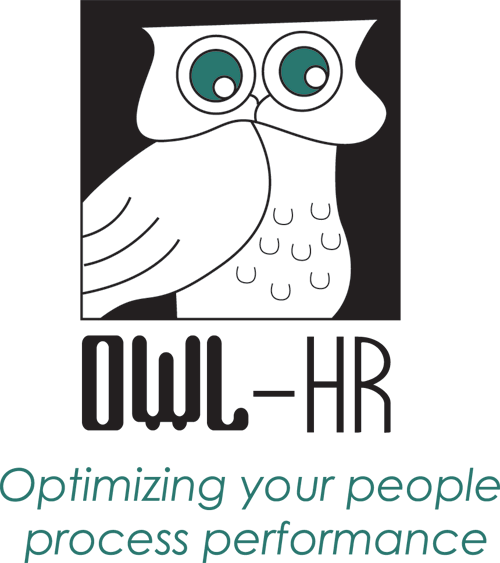I recently started reading the book Blink, by Malcolm Gladwell, which got me thinking about how we go about making decisions, particularly decisions about others. As a human resource practitioner, I think about how we can make better decisions to avoid a poor hire or promoting someone lacking leadership ability into a management position. We make decisions about people in all aspects of our lives. How do we decide if a candidate would be a good fit for an organization? Do we believe a particular doctor’s diagnosis or get a second opinion? Do we have faith that our co-worker will follow through with their part of a project? Do we feel our tax preparer is saving us the most money?
Blink talks about how we make some choices in an instant , seemingly without thinking. It is subconscious and instinctual. Some folks have a gift for making the right decision quickly, while others stumble. People with a knack for quick thinking, have a way of looking past the “noise” or things that get in the way. For example, they can look beyond the actual words that are spoken and concentrate on the way they were spoken and the speaker’s intent.
This idea reminded me of the famous quote by Maya Angelou. “When people show you who they are, believe them”. How many times have you realized that after you have made an incorrect decision about someone, there really were clues along the way? How can we pay closer attention to those subconscious thoughts?
As HR practitioners, how do we make a split decision on a resume in our inbox? Or 500 for that one position we advertised? With such a small snapshot of a person, it is a challenge to decide who to consider and who to weed out, especially when a diligent employer hires for character and trains for skills. Character is difficult to express in a resume. What if they didn’t use spell check on their “sales pitch” to us? Does that mean that the candidate has no attention to detail? General George S. Patton had dyslexia, and battled it every day he was alive. Look at what he managed to accomplish, even though not every letter, order, or communication was spell checked. How do we know that applicant won’t work out or be a good fit. Altruistically, we should interview each candidate that applies, but of course who has time for that. If our job is to really find that diamond in the rough, can we trust our split second guessing to serve us (and our employer) well? So as a job seeker, look for creative ways to display your character. At the very least, research the organization and tailor your cover letter accordingly. Then follow up with us.
We humans are complicated beings. Our personalities are unique and we all have different experiences which influence the way we see the world. Understanding and working with each other is a constant learning experience.
Subscribe to:
Post Comments (Atom)



No comments:
Post a Comment